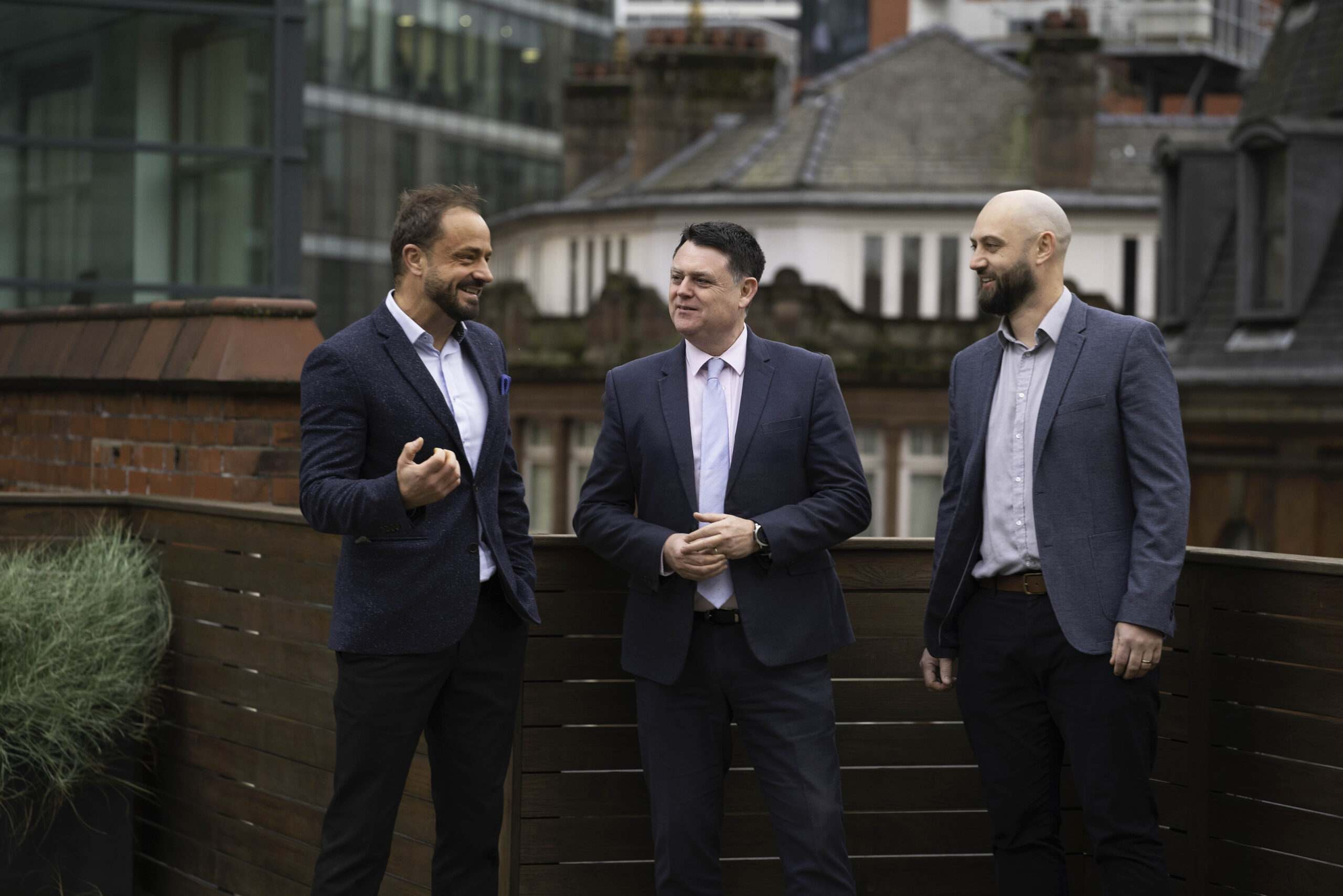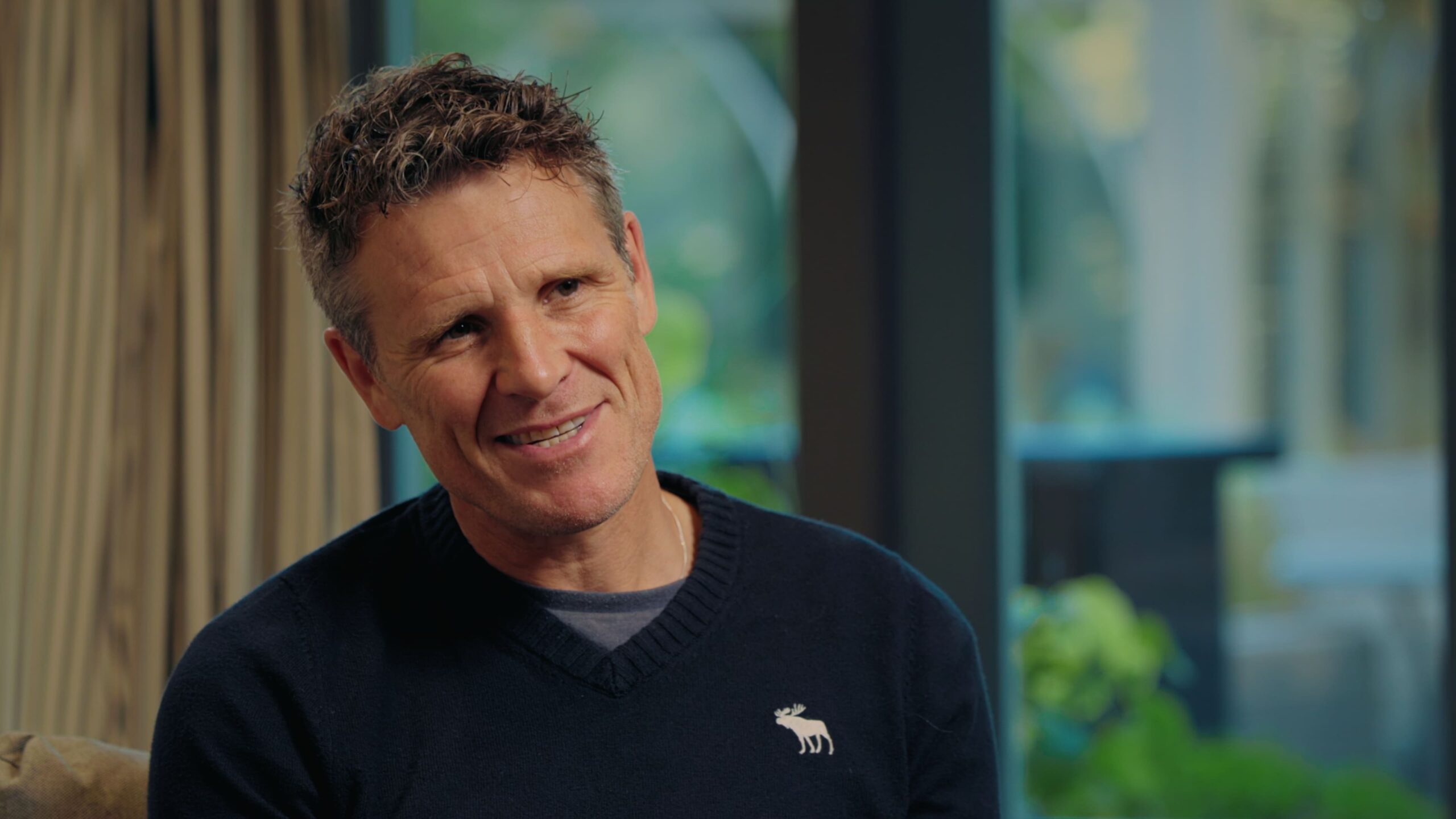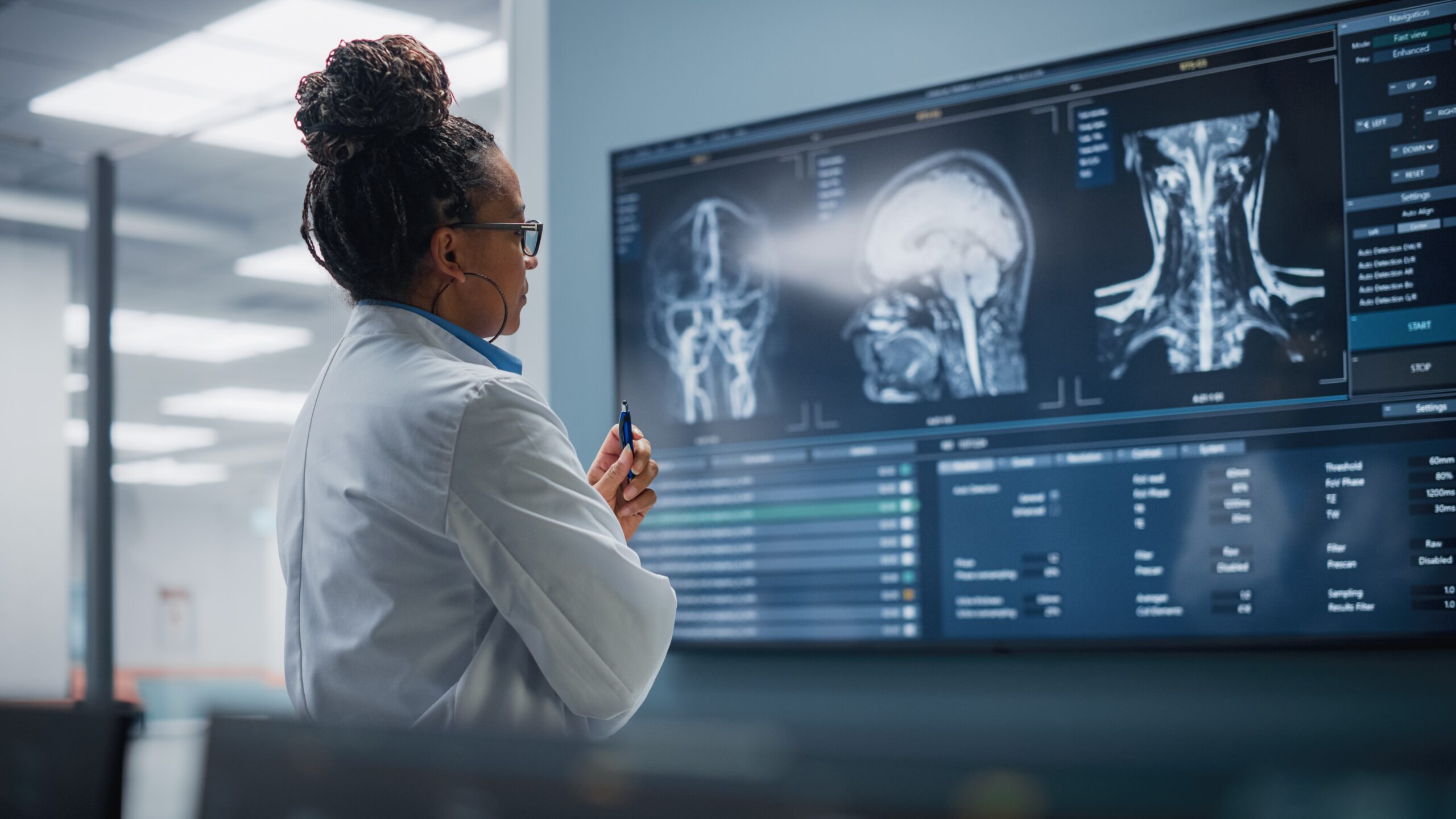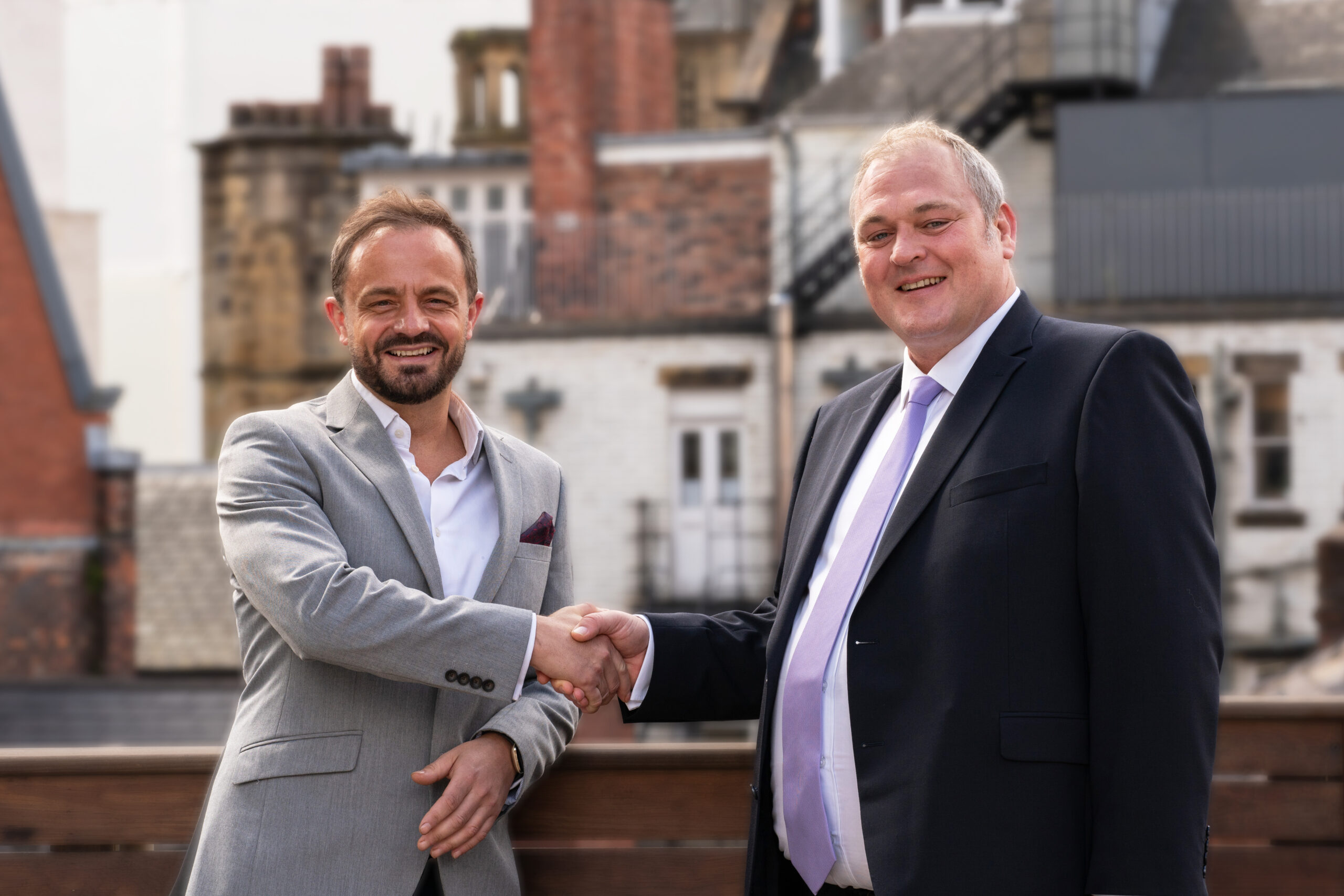
“IF ONLY I HAD KNOWN SOONER”
Coulthursts in the news on World Head Injury Awareness Day as our brand ambassador, James Cracknell OBE, revealed the groundbreaking scans that came 15 years late.
Double Olympic gold medallist, James Cracknell OBE, revealed to millions of people how a serious head injury which he received 15 years ago and which lead to personal upheaval, has only just been fully diagnosed for the first time.
James, a member of the British coxless rowing fours at both the Athens and Sydney Olympics, chose World Head Injury Awareness Day (20th March) to reveal the results of new, cutting-edge diagnostic scans that he undertook in his role as brand ambassador to Coulthursts, the UK’s only solicitors specialising entirely in Traumatic Brain Injury (TBI) and other head injuries.
He told journalists that if such a diagnosis had been available back in 2010 when he was struck on the head by the wing mirror of a fuel truck as he was cycling in the US, his understanding of his injury is likely to have been entirely different, and that he and his family may have found a more successful way of coping with the challenges he faced.
Instead, he was given a basic MRI scan which failed to offer a full explanation of how the injury could affect him, and was simply informed that 85% of people affected by TBI find themselves in the divorce courts.
Now, however, he has received revolutionary advanced MRI and functional MEG scans (not developed at the time of his accident and still not available to NHS patients), which have revealed in forensic details the reasons for the impacts he experienced.
“Understanding the extent and nature of the damage earlier would have given me the tools to adapt much sooner. Instead of using trial and error to find coping mechanisms in the 15 years since my accident, I could have developed strategies immediately,” said James.
“Something as simple as normal, noisy family mealtimes became challenging. My kids didn’t understand why I was suddenly getting frustrated, and I didn’t either. If I’d known what was happening inside my brain, we could have found solutions rather than just enduring the stress.
“Facial recognition has also been a huge challenge for me since my accident, and for the first time I now fully understand why that is the case, giving me more confidence to deal with it and own it instead of hiding from certain social situations, as I have done in the past.”
James’ story caused widespread interest in the UK and Ireland and was taken up by the respected Press Association news agency, as well as by regional and national media titles including The Independent, alongside podcast and broadcast media including Times Radio and LBC. It has helped to generate a groundswell of opinion that it is time for a wholly new approach to both the diagnosis and treatment of TBI.
Philip Coulthurst, the specialist brain injury solicitor who co-founded Coulthursts, said: “I have recognised for years that it is vital to understand and stay at the forefront of the continuing advancements in such a specialist area of medicine.
“James’ case highlights how powerful new technology can be, and demonstrates the benefits of advanced imaging by giving individuals the answers they are striving for and helping to provide clarity of the diagnosis. These scans can show microscopic injury to the brain which is invisible to regular CT and MRI scans available on the NHS. This could result in part of, or the whole injury to the brain being missed and undiagnosed. James explains in his own words how he feels having this scan earlier after his injury could have made such a difference to him and his family. Families suffering due to undiagnosed brain injury has been a personal campaign of mine for many years.
”We hope the use of more advanced scanning and other diagnostic testing will become a standard part of brain injury assessments in the future, leading to better outcomes for all.”
Coulthursts have a long standing policy of covering the cost of treatment and rehabilitation, including scanning where needed, before any claim for compensation is settled. This ensures our clients and their families receive the vital support they need at the earliest possible stage, helping us to achieve the best possible outcome.
Photo by Will Francis on Unsplash









